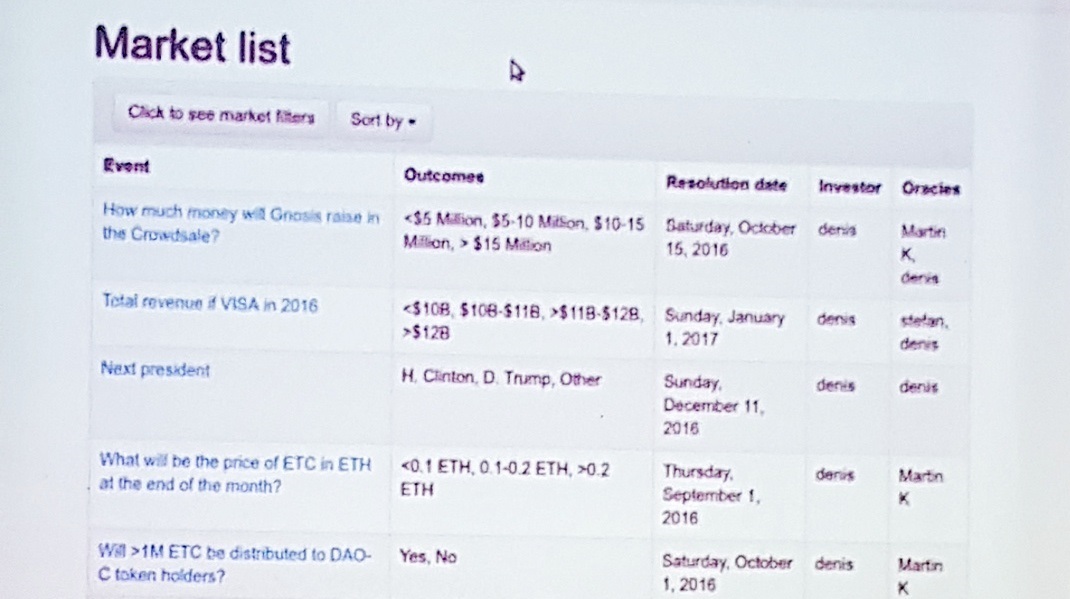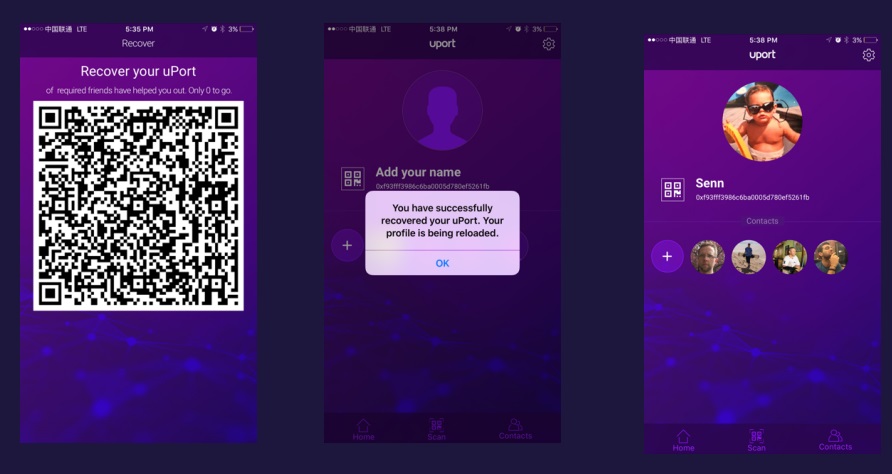ConsenSys, a distributed global team building primarily Ethereum tools, has recently travelled to Asia for Ethereum DevCon2 in Shanghai. As the team of 90 travelled Bali for a company retreat, the local Blockchain community had a chance to spend an evening with ConsenSys team and exchange ideas over casual presentations of key projects in development.

“Hub and Spoke” structure of ConsenSys
From what I heard most ConsenSys team members only met each other in person for the first time at DevCon2, even after having worked closely for a while on the same projects. It is a truly decentralized organization both geographically and organizationally.
Ashley Taylor, Chief Culture Office as ConsenSys, explains that the organization operates within a loosely defined “Hub and Spoke” structure where “Hub entities” resemble core components shared by a lot of Ethereum applications. “Spoke entities” are more independent projects with defined scopes.
Team members can choose which hub or spoke entities they can contribute to; most of them are attached to 2-3 projects, which encourage organic collaboration and cross pollination.
uPort and other Blockchain projects
Among the projects there is MetaMask, a chrome plugin that brings Ethereum dApps to your browser without running any code; uPort, a key management system for decentralized digital identify on the Blockchain; and Cora Legacy, a platform that envisioned the tokenization of wine supply to encourage peer-to-peer exchange of wine between end users and independent vineyards.
uPort looks the most promising as it aims to enable a world of self-sovereign identity where we have full control and ownership over our identity online. At the point of writing, uPort is still in beta. Through a live demo by uPort’s chief architect Christian Lundkvist, we were able to get a glimpse of what’s in the future: through a simple QR code scan on his cellphone, Lundkvist was able to log into a host of his ethereum applications and transact on the prediction market.
After QR code scan, user will be redirected to a login page with a central ID that integrates all of your keys.

- Image credit: uPort team
Christian’s live demo of using uPort’s interface to transact in Gnosis’s prediction market.
One of the features of uPort is simplified login into various ethereum applications through an intuitive UI, so that we can finally have all of our fragmented digital IDs neatly organized in one place without having to remember the login for all of them. Lundkvist stressed the importance of simplification to make Ethereum technology more accessible to everyone.
“In my opinion, the main problem with using Blockchain based systems like Ethereum or Bitcoin is the need for the end user to manage private and public keys securely”, says Lundkvist, “With uPort we aim to hide that complexity from the user and make the interaction more intuitive.”
Another visionary feature of uPort is the “Social Recovery” system for recovering lost or stolen ID. The struggle of retrieving our lost/forgotten/stolen online IDs is keenly felt by many in the audience. When Lundkvist demonstrated how a simply QR code scan can lead to handpicked social contacts so visually verify your identify, the crowd was sufficiently impressed.
“Web of trust”
The idea behind social recovery for identity authentication is thought-provoking: by leveraging on an independent “web of trust” instead of a centralized reputation authority, everyone can designate who to bestow their trust upon and vice versa, and thus accumulating and distributing trust in a truly decentralized manner.

- “Social recovery” demo - choose a few of your social contacts to verify your identity
What’s more, it reshapes the way digital identity is defined and managed. You as a user have complete control over your private and public keys, selectively disclose your identity on the Ethereum ecosystem. It addresses a fundamental flaw in data security of today’s social webs where our private information are collected and owned for commercial interest.
Ethereum based Uber and Airbnb
It’s a rare occasion where the leaders of the Ethereum ecosystem are “off duty” with the Bali cryptocurrency community builders. Gary Dykstra, chief instigator of the Bitcoins in Bali group, comments that there is a great deal of awareness here and “Bali would be a great place to pilot Ethereum projects that have a social component or require social adoption”, such as a decentralized Uber or Airbnb.
Real conversations and meetings of minds across Ethereum communities are highly valued by crypto experts, whether it’s attending DevCon2 in Shanghai or meeting local communities in Bali.
“Our team and many others in the space grew out of connections made from attending these types of events,” says Taylor. “Two years after the initial Ethereum crowdsale, it is pretty incredible to see how many different projects are already building upon that fundamental premise. It shows the power of that original white paper and its ability to catalyze a space for innovation.”
